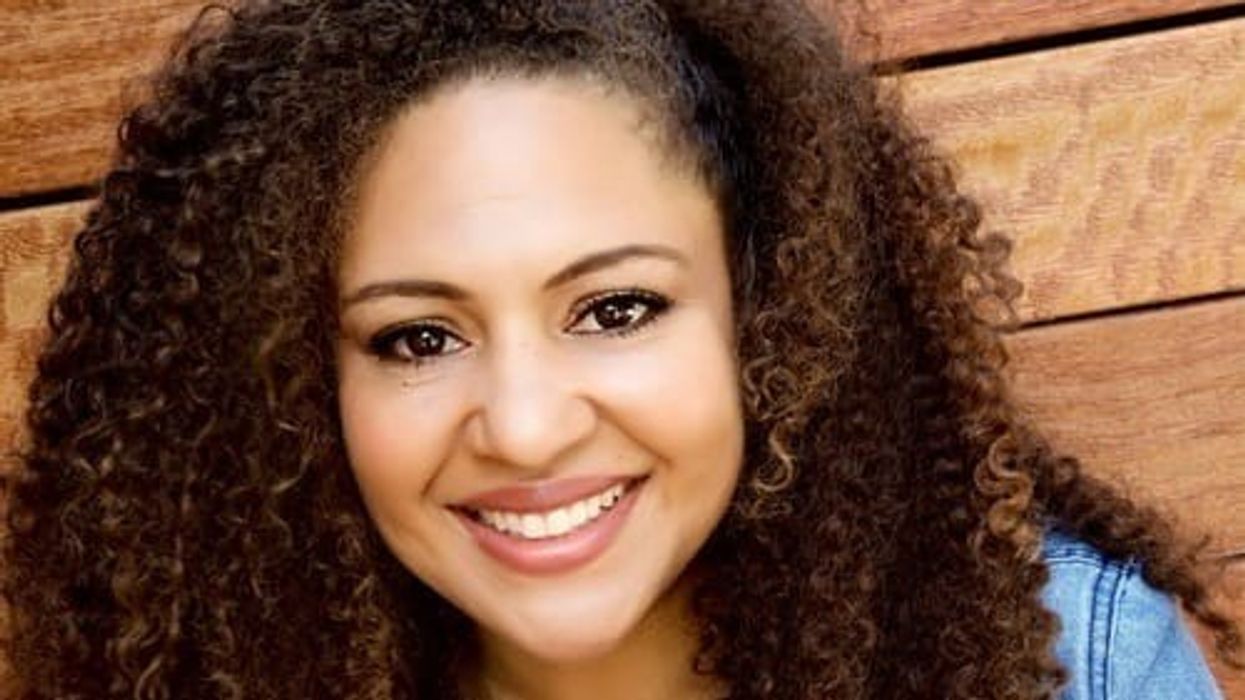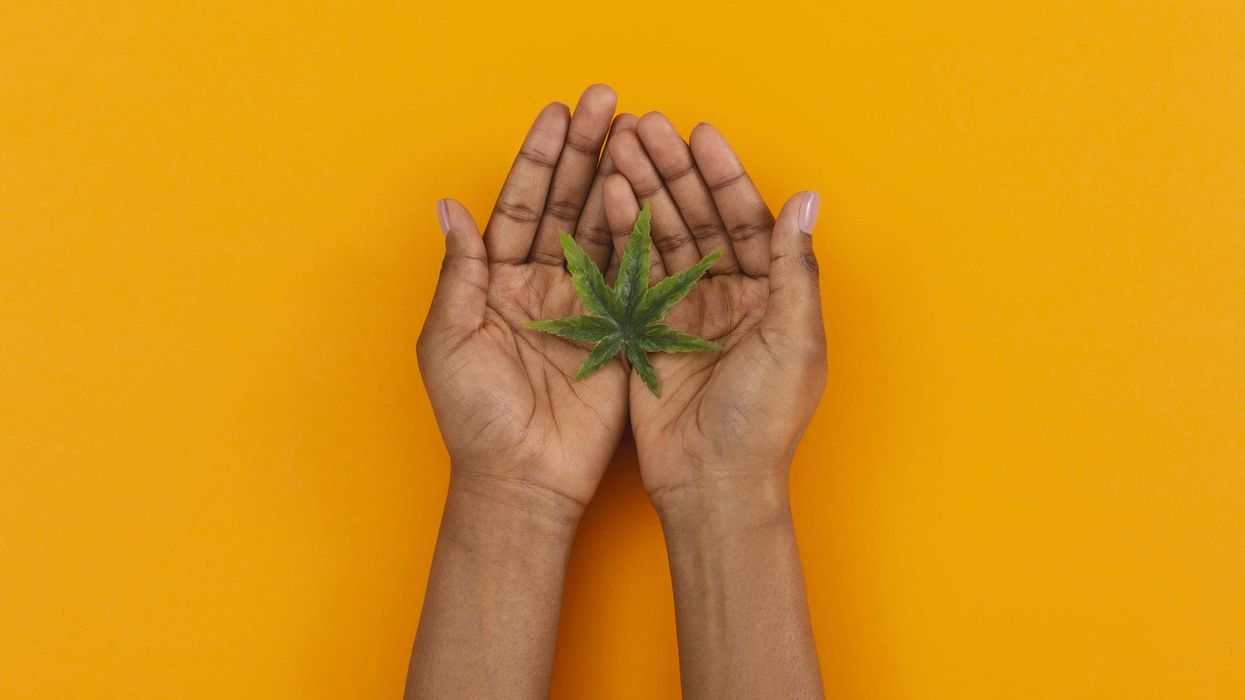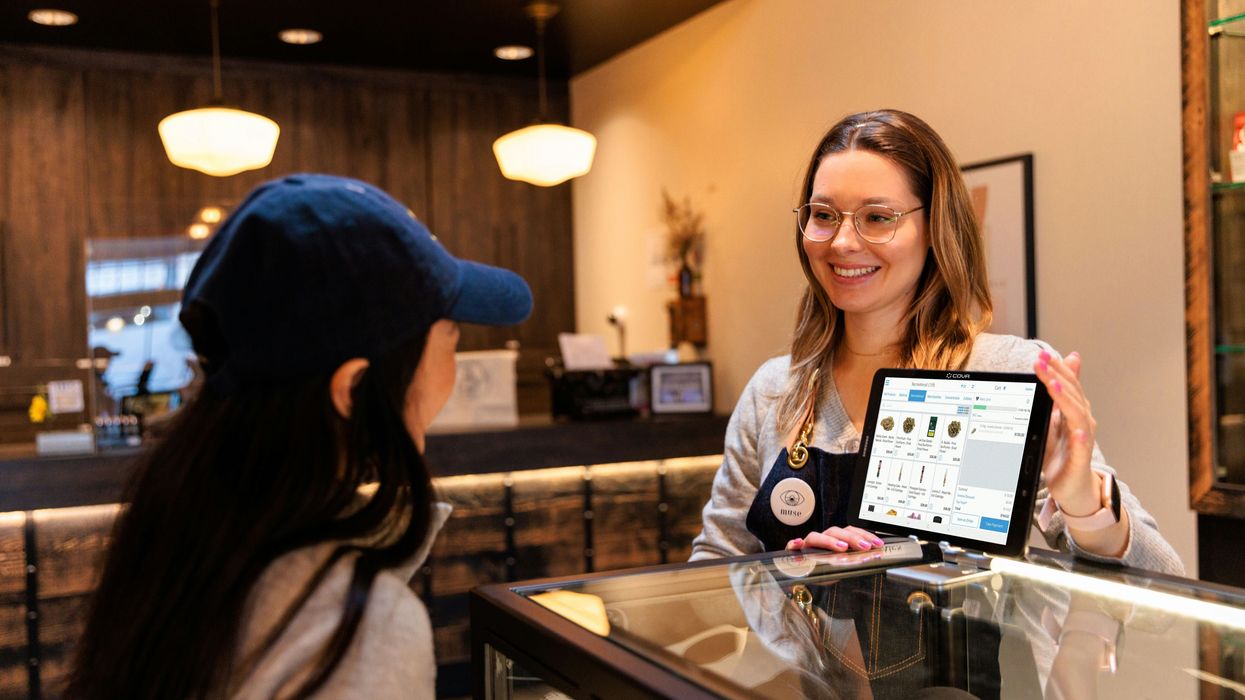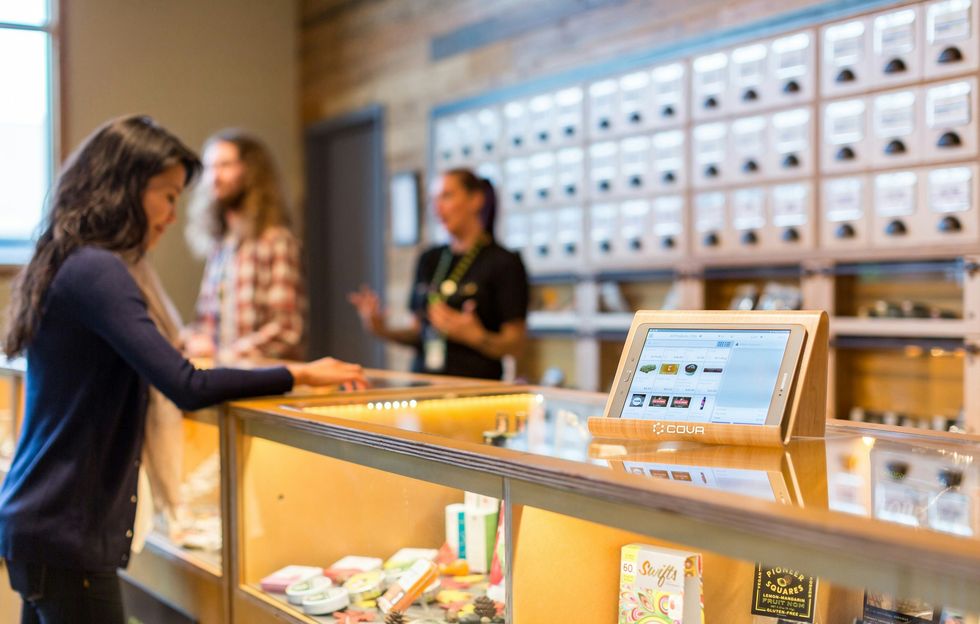Since cannabis’s legacy days, women have had the lower hand in the industry – both as consumers and operators – and for Women of Color, the disadvantages have resulted in greater struggle and loss.
Because of this, it’s essential that the entire industry works together to prioritize uplifting minorities in the space and shining the spotlight on their stories, like the Black Women Get Us Higher panel discussion that took place during this year’s MJ Unpacked.
Cannabis’s “Boys Only” Club Reputation Continues to Hold Women Back
The cannabis industry is a continuously difficult space to navigate for Black women and other Women of Color. Forced to push against barriers that have been in place since the plant’s OG legacy days, cannabis is notoriously unwelcoming to women from both a consumer and operator perspective.
In its early days, cannabis gained a reputation as a “boys only” club, adhering to a stoner stereotype that placed Pineapple Express-like content and culture at the forefront.
This left no space for women and their respective relationship with weed, despite the fact that they’ve played an imperative role in the plant’s progression and application throughout the past several centuries.
Although the stoner-boy stereotype was detrimental to cannabis’s reputation and encouraged its ongoing stigma as an unmotivating couch-lock drug, it’s done an even larger disservice to other people in the space – particularly the Women of Color who’ve worked hard to establish its credibility, despite being directly targeted by the country’s racist War on Drugs.
Because of this, experts in today’s legal industry have gone out of their way to disrupt this harmful pattern – like Queen Mary CEO Tiana Woodruff, who began her cannabis journey as a direct response to these unfair and unbalanced norms.
“I began working in cannabis as a delivery driver in 2016. As I was delivering, I noticed a lot of the orders were coming from women – women who were ordering online to avoid going into often-intimidating dispensary environments. I think they liked the fact that I was a woman delivering their product, which gave me the idea to start a service for women: women drivers delivering cannabis to women customers,” Woodruff said.
When founding her brand, Woodruff was also inspired by another woman in her life: her aunt, who died of a prescription opioid overdose.
“A few months later, my grandma was prescribed the same medication that killed my aunt. I worked hard to wean her off of those meds and into cannabis, and that’s when I really began to learn about the healing properties of the plant and how it could change someone’s life,” Woodruff said.
Black Women Get Us Higher: A Blunt Conversation With War on Drugs Survivors
Woodruff founded Queen Mary with the greater mission of keeping families together amidst the growing opioid epidemic, and quickly discovered she wasn’t the only Woman of Color in the cannabis space attempting to change the narrative for her community.
The entrepreneur spoke at the MJ Unpacked panel Black Women Get Us Higher, alongside like-minded Women of Color in cannabis Kika Keith, Mskindness Ramirez, and Amber Senter.
“We got great feedback. Panels can be boring and dry, and are often led by white male CEOs with a woman thrown in every once in a while – and even then, those women are usually CEOs who are far removed from the people and social equity brands,” Woodruff said.
“For this panel, we had three solid Women of Color CEOs in the space who have experience building a cannabis business from the ground up. We were able to talk about the War on Drugs, how it’s affected each of us, and how we uplift our communities with our work.”
The panel centered on Black women’s work in weed, and the stark difference between “social equity” as an industry buzzword and a real act of service.
“There’s a lot of talk about social equity today, but it’s the actual social equity brands who are doing the most for it – giving back to our communities, and creating jobs and programs to lift each other up. We care about social equity because we are social equity. We’re where it starts, and we’re doing the work behind it,” Woodruff said.
“A lot of brands and retailers claim they’re doing for social equity because they’re carrying Black-celebrity-owned brands, but that isn’t necessarily social equity. Black celebrities with cannabis brands aren’t coming from the communities in need, and that tends to be skewed.”
Just as Woodruff has encountered this type of confusion and hypocrisy in the social equity space, she’s witnessed a similar trend with women having a fair platform in the male-dominated industry.
“There’s a lot of verbal support for women in cannabis, but action is a whole other beast. I just did a panel for women in cannabis in San Diego, and right in the middle of the Q&A portion, a male CEO from a major brand walks in, gets handed the microphone, and starts telling this panel of women CEOs how he would handle himself in the industry,” Woodruff said.
“We were all looking at him with our mouths open like, ‘Is there a question in that, sir?’ That right there is the problem. A lot of men in the industry have opinions, but they’re still not open to listening.”
In Woodruff’s experience, women in cannabis have to work twice as hard to stay afloat, which is both a blessing and a curse.
While this makes progress for women undeniably harder, it’s also forced the community to come together and spearhead support, which will ultimately allow women to thrive and survive better in the end.
“As a woman in cannabis, I’ve learned a lot of hard lessons along the way. Because of this, I’ve realized how important it is to create a circle, find the right people to work with, vet them well, and expand that network organically,” Woodruff said.
“There are a lot of sharks in these waters – especially for a woman working in social equity. You often feel like you have a bullseye on your back, because people want to take advantage of you or underestimate your potential. But us women CEOs in social equity are here for a reason, and if you give us a chance, we’ll probably surprise you.”
Need a little more Bluntness in your life? Subscribe for our newsletter to stay in the loop.

















 How to Become a Budtender: Complete Career Guide & Salary Information - The Bluntness Photo by
How to Become a Budtender: Complete Career Guide & Salary Information - The Bluntness Photo by  How to Become a Budtender: Complete Career Guide & Salary Information - The Bluntness Photo by
How to Become a Budtender: Complete Career Guide & Salary Information - The Bluntness Photo by